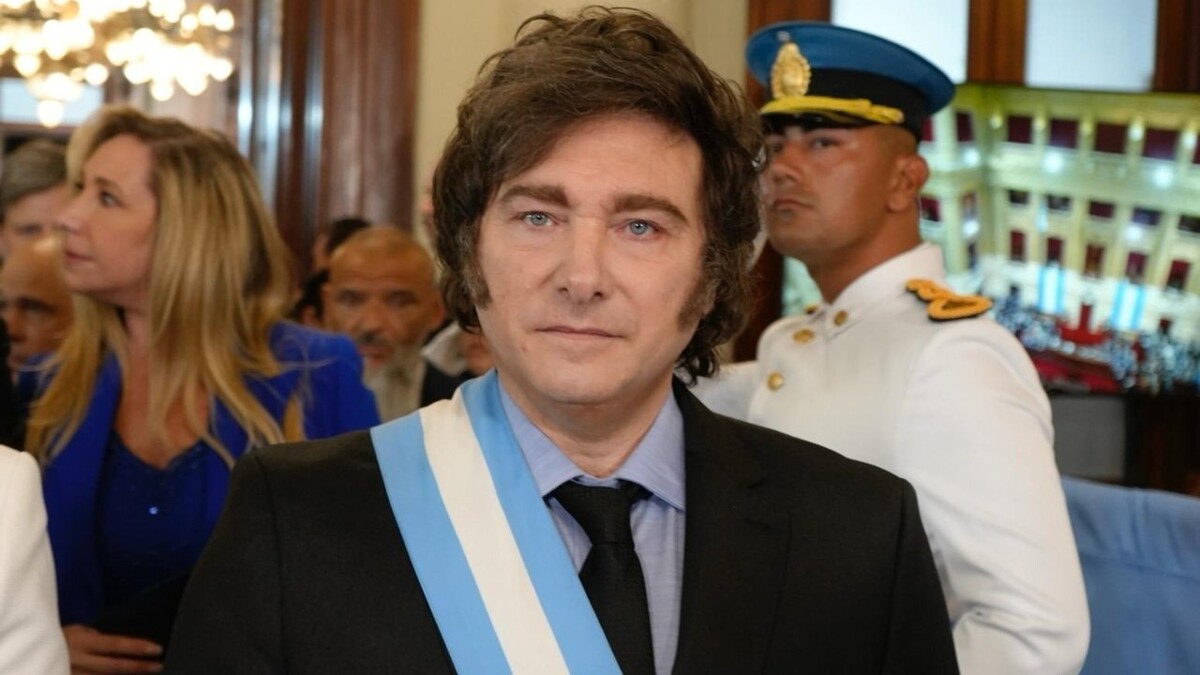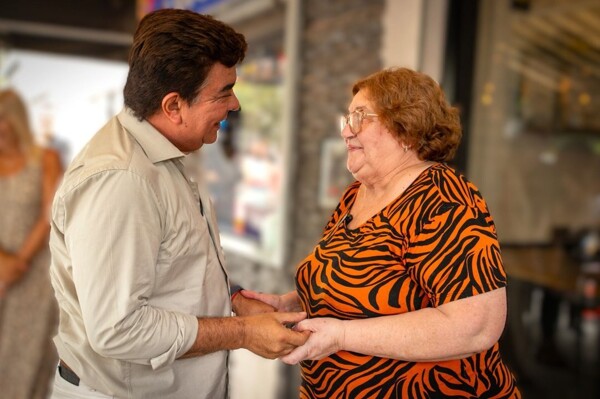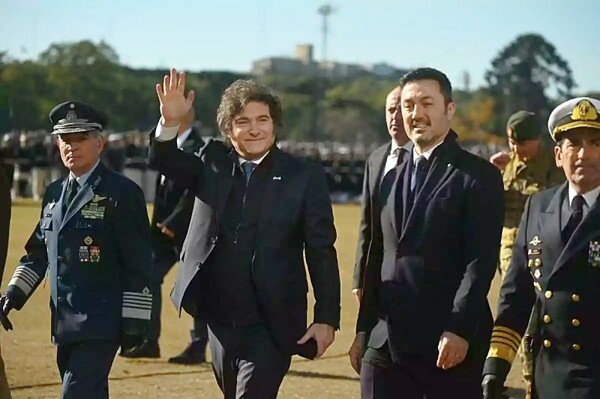
The recent protest in front of Congress, which ended with more than 20 injured, generated various opinions within the Argentine government. While the Minister of Security, Patricia Bullrich, defended police repression citing the need to maintain order, the Vice President, Victoria Villarruel, expressed solidarity with the injured and defended the mobilization as a democratic exercise.
Bullrich's stance was supported by other officials, such as Mariano Cúneo Libarona, who questioned the judge who released the detainees, and Manuel Adorni, presidential spokesperson, who accused the magistrate of complicity. On the other hand, Villarruel distanced herself from the official line by condemning the violence and stating that this is not the way to express oneself.
The Chief of Cabinet, Guillermo Francos, denounced alleged attempts at destabilization by political sectors and affirmed that the march aimed for a coup. Meanwhile, Lisandro Catalán, Secretary of the Interior, expressed on social media his rejection of violence and his commitment to maintaining stability.
From President Javier Milei's circle, the impact of the repression was downplayed, and support for Bullrich was voiced, assuring that she acted under the mandate of the president and that the images of the incidents would not affect the government. The presence of football fans at the mobilization was highlighted, labeling them as paid mercenaries, trying to link their participation with leftist sectors and kirchnerism.
In summary, while some defend the repression and accuse destabilizing sectors, others condemn the violence and see the protest as a legitimate exercise of democracy. The contrasting positions reveal the division within the Argentine government regarding how to address this type of demonstration.














